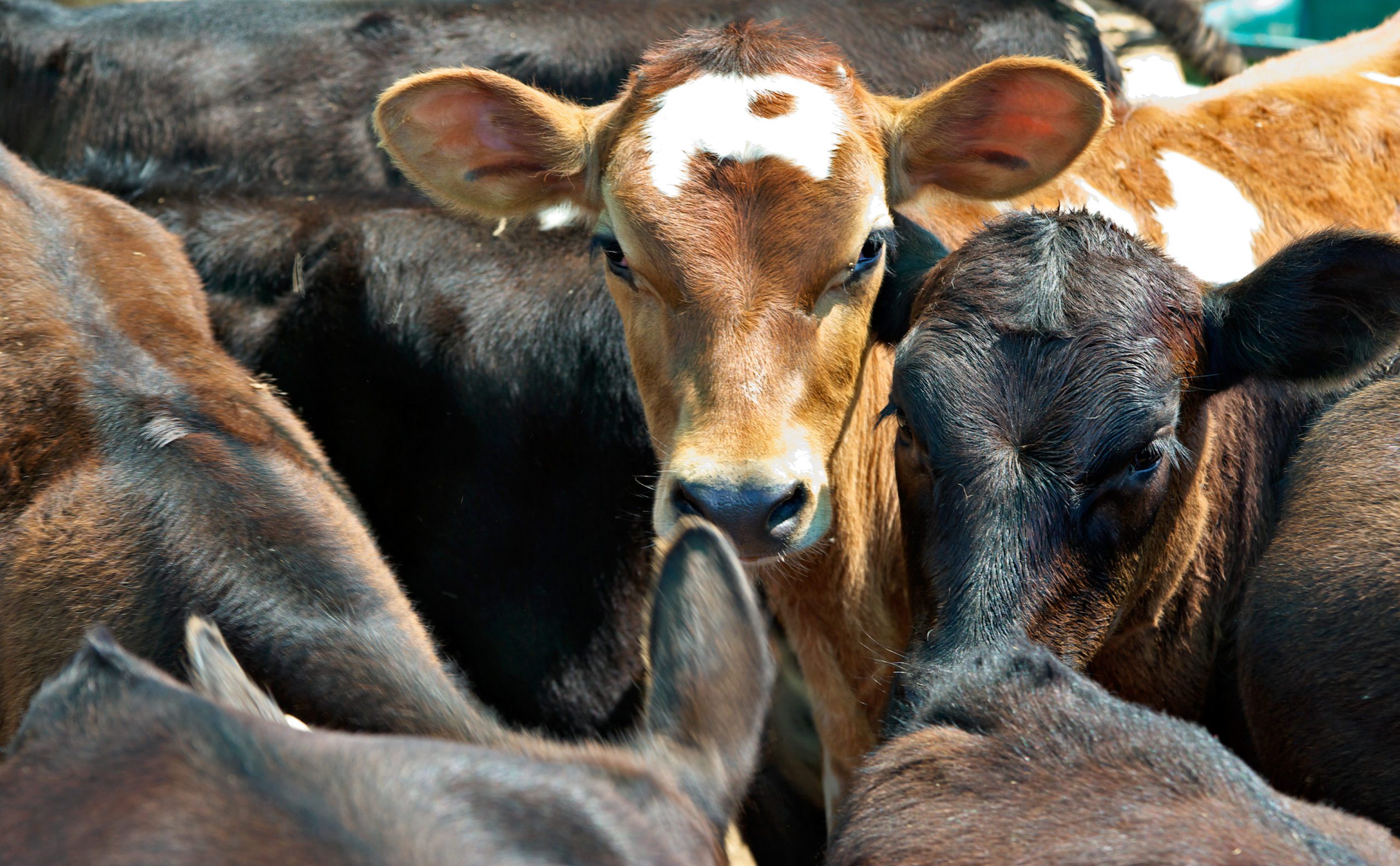
As weaning time moves into full swing, the topic of vaccinations should be at the forefront of producers’ minds. An effective vaccination program can be the difference between having a great year or one that results in disaster.
Vaccines are essential for providing protection against diseases not only to an individual animal but the herd at large. When “herd immunity” is developed through an effective vaccination program, the number of animals that get sick goes down exponentially, which, in the bigger picture, minimizes sick treatment costs, performance losses and even deaths.
The benefits of vaccinations in today’s marketplace
As a growing number of consumers push for cattle that have not been fed antibiotics during the finishing period, or beef that hasn’t been raised with antibiotics in the feed, it is more important than ever that cattle going to market start out healthy and stay that way. While a few “natural” certification programs don’t allow for vaccinations to be used, the majority do and for good reason.
A cow that has developed a strong immune response to certain diseases is much more likely to remain healthy, even in situations where an outbreak may occur. This reduces the likelihood that they will end up in the sick pen being treated with antibiotics to combat whatever pathogens may be lurking in the environment.
Making the most of your vaccination dollar
There are a few things you can do to help guarantee a successful vaccination program. Below are our recommendations for getting the most out of your vaccine investment.
- Ensure calves are healthy enough to receive vaccinations
Vaccines depend on the immune system to react to the “invasion” they create, facilitating an immunity against the pathogens to develop. Factors such as stress or poor body condition can have a significant impact on the efficacy of vaccinations. Cortisol, a stress hormone that is released when animals respond to internal or external stress stimuli, suppresses the immune system. Calves that are not well-nourished or dehydrated will not develop an adequate immunity.
- Handle and store vaccines properly
Vaccines are delicate – they are both light and temperature-sensitive. They should always be stored at the recommended temperature range. This information can be found on the packaging. Modified live vaccines (MLV) in particular are especially sensitive to temperature changes. If you are only vaccinating five calves, bring enough to vaccinate those animals and leave the rest in the refrigerator. Fluctuations in temperature – even if they’re being kept cool – can compromise the integrity of the vaccine.
- Keep stress levels as low as possible
Calves are very susceptible to the effects of stress. Some of the major stressors include tagging, branding and weaning. In particular, weaning can be detrimental to a calf’s performance over its lifetime. Because of this, it is recommended that calves that are preparing to be weaned are vaccinated at least two weeks (three weeks is even better) prior to weaning, as they will be experiencing low stress at that time and they will have a greater vaccine response. A follow-up with a booster two or three weeks after weaning, too, will have allowed them time to adjust to their new environment and rations.
- Determine what vaccines you really need
Vaccination needs are determined by several factors, including the region you’re in, what types of diseases your cattle may encounter at your operation and what they might face during transportation or in a feedlot, etc. Your herd veterinarian will be able to guide you in choosing the right vaccines for your geographic area. A good rule of thumb is to vaccinate against the most common and damaging diseases, including BRSV (bovine respiratory syncytial virus), IBR (infectious bovine rhinotracheitis), BVD (bovine viral diarrhea) and PI3 (parainfluenza). Other diseases to consider, depending on region would include a 7-way clostridial (blackleg), Vibriosis, 5-way Leptospirosis, etc.
Each operation is different – by choosing the proper vaccinations for your herd and practicing smart vaccine administration, you can ensure that you are getting the greatest immunity in your cattle while maximizing your profit come sale time.
